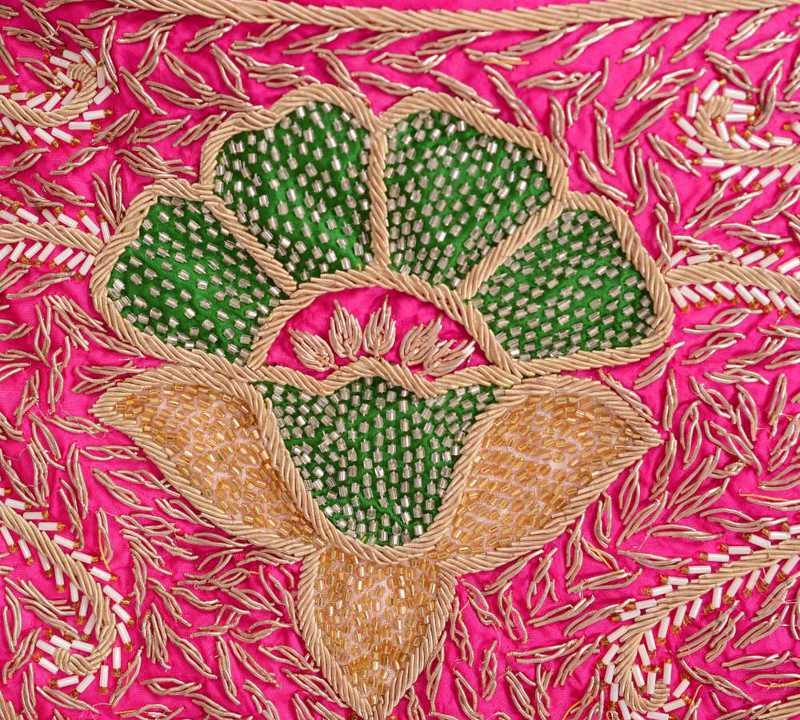===
0366,
4
===

=== |
 |
ma((muurah : 'An inhabited, or a well-peopled, place; —a cultivated spot, or a well-cultivated, or delightful, spot'. (Platts p.1050)
so : '—adv. & conj. So, so that, therefore, hence, consequently, accordingly; but then; thereupon; now, well'. (Platts p.690)
;xaraab : 'Ruined, spoiled, depopulated, wasted, deserted, desolate; abandoned, lost, miserable, wretched; bad, worthless, vitiated, corrupt, reprobate, noxious, vicious, depraved, profligate; defiled, polluted, contaminated'. (Platts p.487)
FWP:
SETS == HI
MOTIFS == HOME
NAMES
TERMS == MEANINGIn the town of the body, yihii heart and eye-- the first line is so stripped down that it's unable even to offer us a verb. And for a ma((muurah , a 'well-peopled' or 'well-cultivated' place (see the definition above), to have only two houses, both of which are in ruins, emphasizes the utter wretchedness of its present state. Plainly the 'town' of the body is no longer a town at all. There 'were' two houses, they 'are' both in ruins. The change of state has apparently been caused by some unspecified, and therefore all the more intriguing and ominous, disaster. Perhaps one of the few surviving locals, shocked and distraught, is showing the wreckage to a visitor. His initial account provides, in lieu of an explanation, only the utterly vague and uninformative so (see the definition above; it's always interested me that the Urdu so is often very much like the English 'so').
SRF emphasizes the flexibility of the yihii in creating seven different possibilities for reading the verse. Apart from the versatile nature of hii with its variant meanings of 'only' and 'emphatically', most of these are generated by differences of tone. He praises the verse particularly for using its semantic simplicity to create such complexity in the form of multiple possibilities of tone. I thoroughly agree with him, and to me it seems that many other verses offer the same wide range of possibilities-- including a number that SRF presents as conveying only one particular tone. For discussion of this question, see {724,2}.